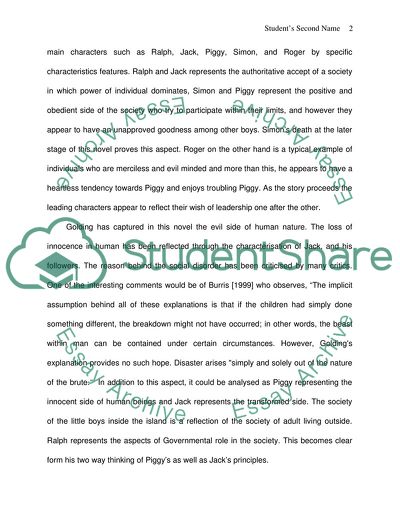Cite this document
(Lord of the Flies by William Golding Literature review, n.d.)
Lord of the Flies by William Golding Literature review. Retrieved from https://studentshare.org/literature/1706956-book-report-lord-of-the-flies
Lord of the Flies by William Golding Literature review. Retrieved from https://studentshare.org/literature/1706956-book-report-lord-of-the-flies
(Lord of the Flies by William Golding Literature Review)
Lord of the Flies by William Golding Literature Review. https://studentshare.org/literature/1706956-book-report-lord-of-the-flies.
Lord of the Flies by William Golding Literature Review. https://studentshare.org/literature/1706956-book-report-lord-of-the-flies.
“Lord of the Flies by William Golding Literature Review”. https://studentshare.org/literature/1706956-book-report-lord-of-the-flies.


